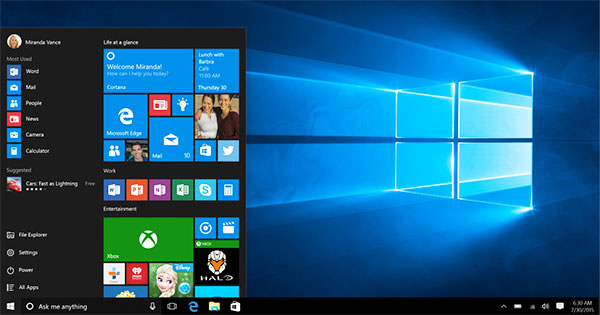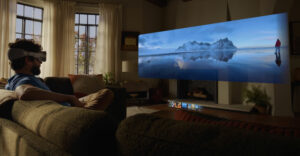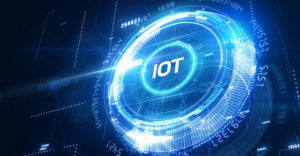Microsoft last week announced that within the next 18 months, it will end support for Windows 7 and Windows 8.1 on machines equipped with Intel’s 6th generation Core processors, also known as “Skylake.”
As of mid-July next year, Windows 10 will be the only supported Windows platform on Skylake systems, and only the most critical security fixes will be released for earlier versions of Windows — and then only if the fixes don’t cause compatibility problems for non-Skylake systems running Windows 7 and 8.1.
Intel’s upcoming Kaby Lake, Qualcomm’s upcoming 8996, and AMD’s upcoming Bristol Ridge processors won’t receive any Windows 7 or 8.1 support at all.
On systems running Windows 10, Skylake enables up to 30x better graphics and 3x the battery life of Windows 7 PCs. Also, the combo offers better security with silicon-based Credential Guard, according to Microsoft.
The announcement drew some criticism, with one blogger calling it “PR idiocy.”
However, “with virtually every other high-tech product, the OS and the hardware are wedded … from your TV to your smartphone,” noted Rob Enderle, principal analyst at the Enderle Group.
“You can then tune the OS specifically for the hardware and reduce the complexity of the result,” he told TechNewsWorld.
Protecting Windows 7 and 8.1 Users
Microsoft will continue to support Windows 7 and 8.1 on other systems.
It will support Windows 7 for security, reliability and compatibility through Jan. 14, 2020, and Windows 8.1 through Jan. 10, 2023, on previous-generation silicon. That includes most of the devices available for purchase now.
Redesigning Windows 7 subsystems to embrace new silicon would introduce churn into the Windows 7 code base, and it would break Microsoft’s commitment to deliver security, reliability and compatibility to its installed base, the company said.
“Old OSes can’t anticipate future hardware, and if you take new OSes back, you increase complexity and reduce reliability for new hardware,” Enderle pointed out. Also, it would “reduce the need to buy new hardware, which then hurts profits and revenues for your hardware partners.”
Running the older versions of Windows on new hardware “would be like buying a new Ford Mustang and putting a 2- or 5-year-old engine on it because you know that engine better. The end result would be a mess,” Enderle remarked.
“We as customers have asked for an appliance where stuff just works,” he said. “You can’t have stuff just work if you do idiotic things like mixing and matching operating systems and hardware platforms.”
Change Is the Only Constant
Microsoft’s move is necessary because “increasingly, people don’t have static environments; increasingly, they’re using their computers for a myriad of things,” said Laura DiDio, a research director at Strategy Analytics.
Both business users and consumers “are putting greater demand on our processors for speed, volume and variety,” so new hardware and a new OS are necessary, she told TechNewsWorld. “Microsoft’s giving users who aren’t on the leading edge and can get by with ‘good enough’ a path — but it’s also saying it’s got to move ahead.”
Who’ll Feel the Pain
The corporate side is more likely to feel the pain of upgrading, suggested Linn Huang, a research director at IDC.
“Personal security is far less complicated than enterprise security, and the PC has largely become a browser-based device in the home, particularly with the onslaught of cloud services,” he told TechNewsWorld. “Consequently, consumers have less concern moving to the new OS immediately.”
However, a “large majority” of organizations will be running Windows 7 at the end of this year, Huang noted, and enterprises that have “loyally” purchased models that may not be on the Windows 7/Windows 8.1 supported list might extend hardware lifecycles further than expected to postpone new hardware development.
With Windows 10 and Skylake, Huang observed, “we really are seeing the best and most interesting PCs we’ve seen on the market in a long time.”
























































Well….that was quick, I just adopted Win7 to two of my laptop’s, still running XP on the desktop some software runs more reliably on it than Win7 and It rarely see’s access to the Internet so I’m not worried. I just wish Microsoft would quit shipping Alpha and Beta test software, I mean they were still plugging holes in XP up until Apr 2014.
Vista was only out 3yrs before they rushed out 7, so I guess just get some good anti-virus and run it often on whatever ver of Windows you hate the least.